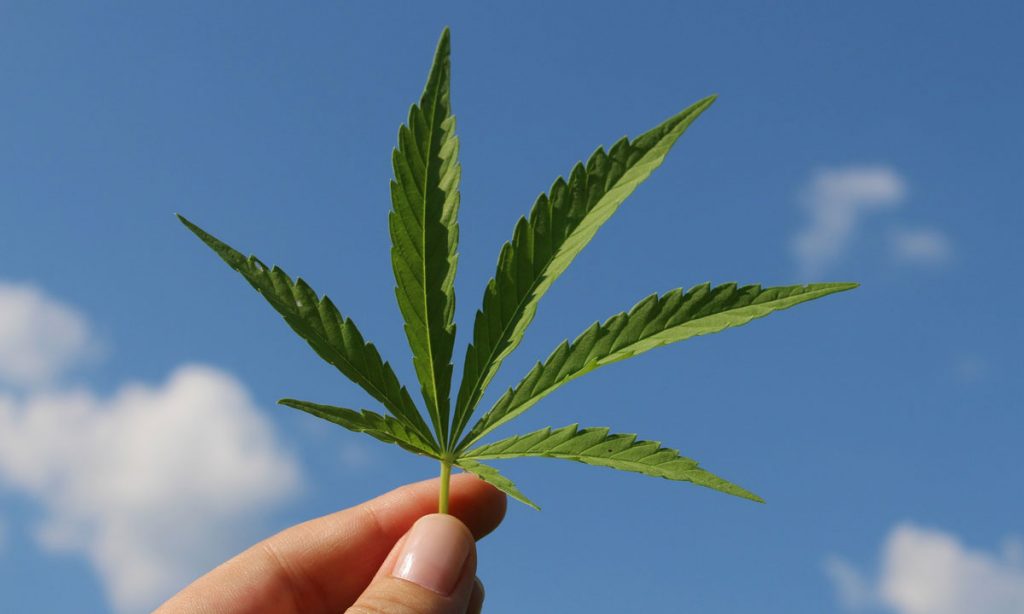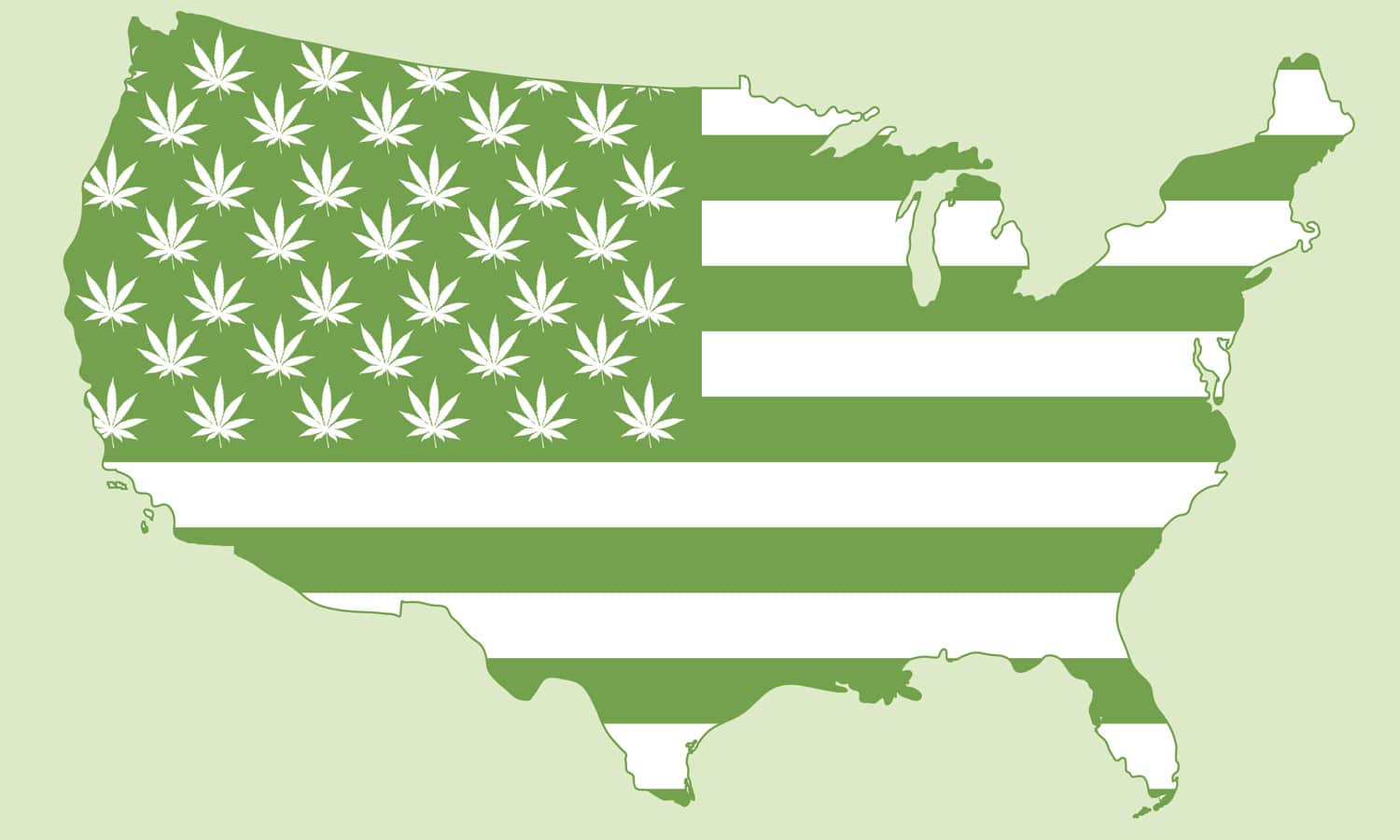Some states have aligned themselves with the FDA’s position. Others have taken a more permissive approach. Many states have provided little to no guidance on the subject of Hemp CBD.
The 2018 Farm Bill removed hemp from the Controlled Substances Act did not affect or modify the Federal Food, Drug, and Cosmetic Act (“FDCA”) or the Food and Drug Administration’s (“FDA”) ability to promulgate regulations and guidelines that relate to hemp under. The FDA regulates a wide variety of medical and consumer products sold in the United States including food, drugs, dietary supplements, medical devices, cosmetics, and tobacco products.
The FDA has approved of the use of CBD in the prescription drug Epidiolex. As a result, the FDA has indicated in press releases, enforcement letters, and its website that Hemp CBD cannot be used in foods, beverages, or dietary supplements. This is because under the FDCA, any article that is investigated as a new drug cannot be used in food, beverages, or dietary supplements, unless the article was widely marketed in those products prior to the drug investigation.
In addition, the FDA has taken a hard line against Hemp CBD in unapproved drugs. The FDA determines whether something is a drug based on its intended use, and determines a product’s intended use, in turn, based on how it is marketed. If a manufacturer or distributor makes any type of health claim (“CBD cures cancer” or “CBD may treat inflammation”) or human structure claim (“CBD may increase levels of calcium in bones”) about a product that the FDA has not investigated and approved as a drug, the FDA will consider it a drug. Foods, ingredients in foods, drugs, and dietary supplements are all subject to premarket FDA approval.
RELATED: Federal Policy On Hemp CBD Is Taking Shape: What Needs To Be Addressed?
The FDA also regulates tobacco and nicotine tightly but does not have clear regulatory authority of smokable hemp products, such as dried flower, e-liquid and vape pens. That’s because generally, these products don’t contain any tobacco or nicotine. To clarify, the FDA likely could have regulatory authority over these products, but it hasn’t established a clear jurisdictional hook.
Though the FDA is a federal agency, its policies have a significant impact on the states. Some states have aligned themselves with the FDA’s position. Others have taken a more permissive approach. Many states have provided little to no guidance on the subject of Hemp CBD.
Almost 90 years ago, in 1932, Supreme Court Justice Louis Brandeis wrote a dissenting opinion in New State Ice Co. v Liebmann, which contained this timeless passage:
To stay experimentation in things social and economic is a grave responsibility. Denial of the right to experiment may be fraught with serious consequences to the nation. It is one of the happy incidents of the federal system that a single courageous State may, if its citizens choose, serve as a laboratory; and try novel social and economic experiments without risk to the rest of the country.
This concept of states as “laboratories of democracy” remains a “happy incident” of our federal system to this day. States can experiment with their own laws without subjecting the citizens of other states to the related risks (or, including them in the upside).

Experiments are complicated and require close observation. That can be tough when you have 50 “laboratories of democracy” all operating at once. Over the past few years, states have been experimenting with how to regulate products containing Hemp CBD. This has resulted in a complex system of inconsistent policies on Hemp CBD. For businesses that are distributing Hemp CBD products across the country, it seems that these laboratories of democracy have created a logistical monster.
RELATED: The Latest Report From The FDA Shows How Poorly It Has Handled CBD
Our attorneys have watched this play out in real-time and in doing so, developed a method to track how each of the fifty states treat Hemp CBD. Our approach is to answer the following questions for each state:
- Does the state allow the sale of Hemp CBD products and if so are there any general regulatory requirements on these products (e.g., labeling requirements, product registration)?
- Does the state authorize or restrict the sale of consumable Hemp CBD products such as food and dietary supplements?
- Does the state authorize or restrict the sale of smokable Hemp CBD products such as dried flower and vapor liquid?
- Does the state authorize or restrict the sale of cosmetic Hemp CBD products such as topicals and lotions?
- Has any state authority take an enforcement action against Hemp CBD businesses in the last six months?
- What are the relevant statutes and regulations that govern Hemp CBD in the state?
- Are there any pending laws or regulations on Hemp CBD in the state that would impact the ability to sell Hemp CBD products?
Guided by these seven questions, we developed a Hemp CBD risk matrix that covers all fifty states and is updated each month by a team of Harris Bricken attorneys. We look at each of the seven questions for every state and update the risk matrix accordingly. Click HERE to download a sample of the risk matrix.
The matrix provides a snapshot of each state’s laws, regulations, and policies regarding Hemp CBD products. By simply updating a website or issuing a memorandum, a state regulator can totally change the legal landscape for Hemp CBD products overnight. In addition, both the United States Department of Agriculture (“USDA”) and the Food and Drug Administration (“FDA”) are actively working on regulations and policies that could impact the states.
The risk matrix can help your business with the following:
- Determining where your businesses Hemp CBD products are legal to sell under state law;
- Obtaining an overview of regulatory requirements such as Hemp CBD product labels and product registration;
- Tracking regulatory trends on Hemp CBD;
- Exploring the legality of Hemp CBD products are in target markets;
- Informing business stakeholders of the risks associated with distributing Hemp CBD products across the country; and
- Staying up-to-date on changes in Hemp CBD policy in each state.
If you are interested in purchasing the Hemp CBD Risk Matrix, you can do so entirely online through this page. You can also email me directly at daniel@harrisbricken.com to learn more about the risk matrix.
In addition, below are links to each post from our “Hemp CBD Across State Lines” series which covered each of the 50 states, as well as certain U.S. territories and Tribes. Unlike the risk matrix, which is updated monthly, these posts may be out of date due to the fast-changing nature of this industry.
States, Territories and Tribes
- Alabama
- Alaska
- Arizona
- Arkansas
- California
- Colorado
- Connecticut
- Delaware
- Florida
- Georgia
- Guam
- Hawaii
- Idaho
- Illinois
- Indiana
- Iowa
- Kansas
- Kentucky
- Louisiana
- Maine
- Maryland
- Massachusetts
- Michigan
- Minnesota
- Mississippi
- Missouri
- Montana
- Nebraska
- Nevada
- New Hampshire
- New Jersey
- New Mexico
- New York
- North Carolina
- North Dakota
- Ohio
- Oklahoma
- Oregon
- Pennsylvania
- Puerto Rico
- Rhode Island
- South Carolina
- South Dakota
- Tennessee
- Texas
- U.S. Virgin Islands
- Utah
- Vermont
- Virginia
- Washington
- West Virginia
- Wisconsin
- Wyoming
- Tribal Plans
Daniel Shortt is an attorney at Harris Bricken. This article was originally published on the Canna Law Blog and has been reposted with permission.


